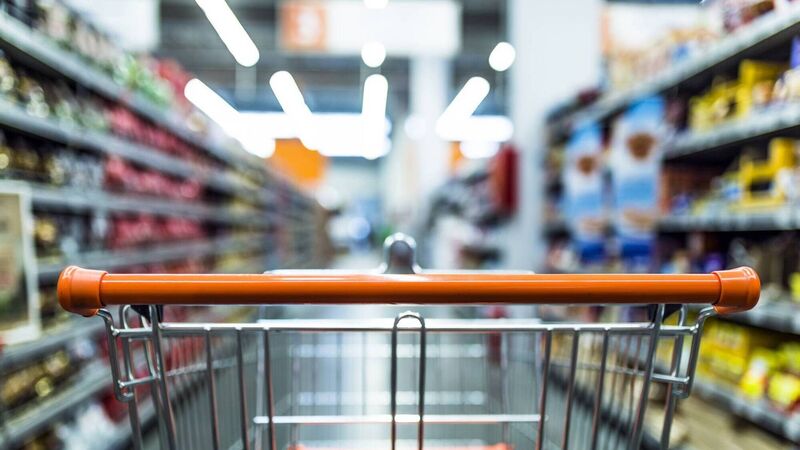Kantar: Irish grocery price inflation is just under 6%

Market researcher Kantar says its grocery inflation monitor is based on 30,000 identical products and 'represents the most authoritative figure currently available'. Picture: iStock
Grocery prices in Irish supermarkets is running at just under 6%, well ahead of the general inflation rate, but has slowed further in recent weeks, according to figures from market researcher Kantar.
Kantar said that its annual measure of grocery price inflation was running at 5.9% in the 12 weeks to late January, which compares with the 7.1% rate it recorded in the previous period.














